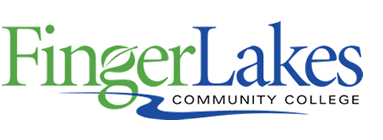Sustainability in the Curriculum
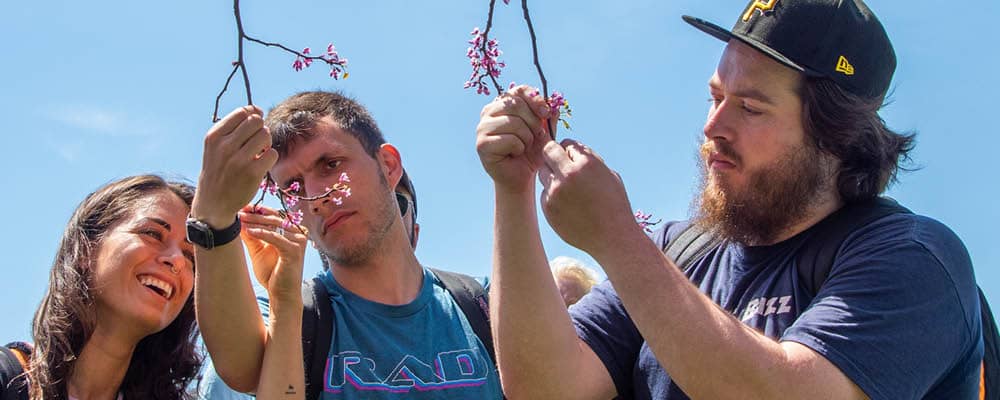
Sustainability relates to every academic program and career path. Study the impact our choices have on the environment in programs ranging from conservation and horticulture to engineering and the humanities.
Sustainability Across the Curriculum
Businesses in any industry can contribute to global sustainability goals. Our students learn core sustainability concepts through both general education requirements and program-specific courses that highlight how sustainability impacts their chosen career path.
Environmental Research at Our Field Stations
The environmental work at Muller Field Station is more than a student learning experience. It's producing real results for the regional ecosystem as well. Since its founding in 1999, Muller Field Station has welcomed back black bears and fishers while restoring river otters through a release program. FLCC students can take part in this exciting and important work in a variety of ways.
Gain valuable experience contributing to long-term ecological monitoring and stewardship projects.
Paid internship opportunities are available each semester. Developed in partnership with government agencies and non-profits, these experiences help students build skills and networks for environmental science and conservation careers.
FLCC Conservation Internship Projects:
- Biomonitoring and Native Seed Collection
- Breeding Bird Atlas
- Camera Trap Monitoring
- Conservation Education
- Finger Lakes National Forest Service Interns
- Fish Culture (Walleye Propagation)
- Fisher Diet Analysis
- Grassland Bird Monitoring
- Hemlock Woolly Adelgid Monitoring
- Herptile Mapping and Monitoring
- Invasive Species Mapping and Management
- Lake Monitoring
- Nestbox Monitoring
- Permaculture
- Spongy Moth Monitoring
- Squirrel Bite Monitoring
- Stream Gauge Monitoring
Muller Field Station offers many opportunities for in-depth student research.
Ongoing, long-term studies include grassland bird surveys, songbird nest box studies, amphibian monitoring, walleye propagation, invasive species mapping and management, water quality, native plant restoration, wildlife camera trap research, and more.
Students can propose independent research projects to advance their understanding of the dynamic ecosystem and its inhabitants.
Environmental Science and Conservation Degrees at FLCC
Our 250-acre campus has an on-site arboretum, greenhouse, nature trails, and research facilities designed for hands-on wildlife education. For careers in conservation, environmental science, and natural resource management, explore these four programs:
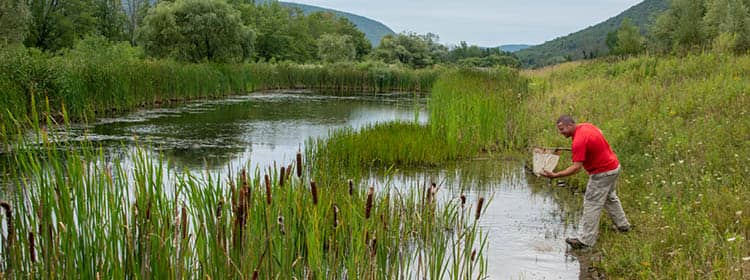
Environmental Science
Prepare to transfer with science and math courses combined with applied learning of the natural world. Build relationships with conservation experts and regional agencies while completing undergraduate research projects.
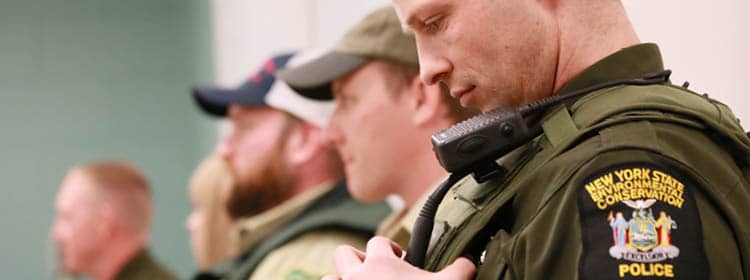
Environmental Conservation: Law Enforcement
Prepare for a career in civil service as a New York State Environmental Conservation Officer. This program combines hands-on wildlife conservation training with law enforcement courses.
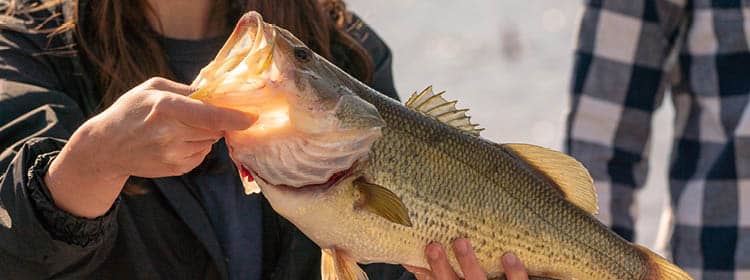
Fish and Wildlife Technology
This program teaches foundational biology concepts and offers hands-on experience with fish and wildlife monitoring equipment. Study wildlife in the Finger Lakes region using electro-fishing boats and other ethical sampling techniques.
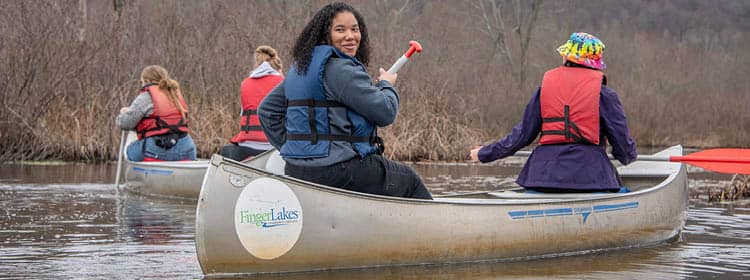
Natural Resources Conservation
Gain environmental knowledge and technical skills used in land and water stewardship. Learn about forestry, wildland fire suppression, wetland monitoring, and more. Prepare for a field technician or environmental educator career.
